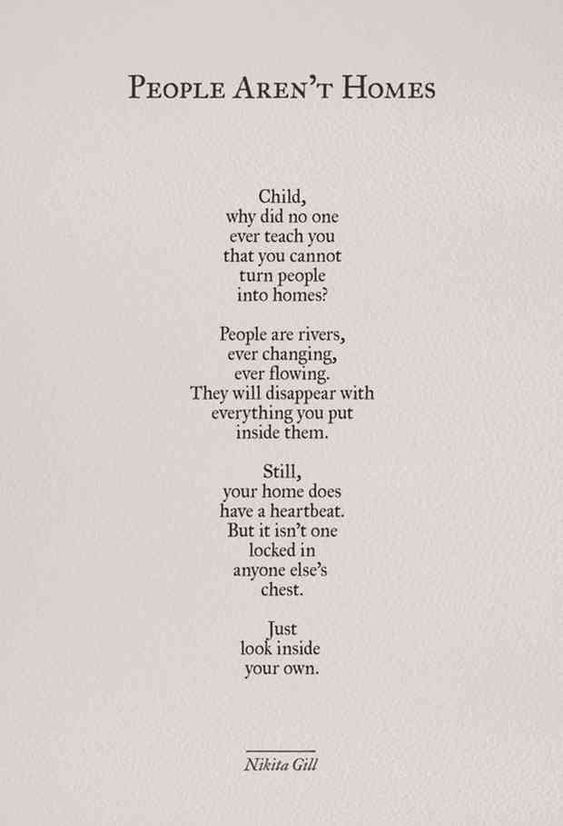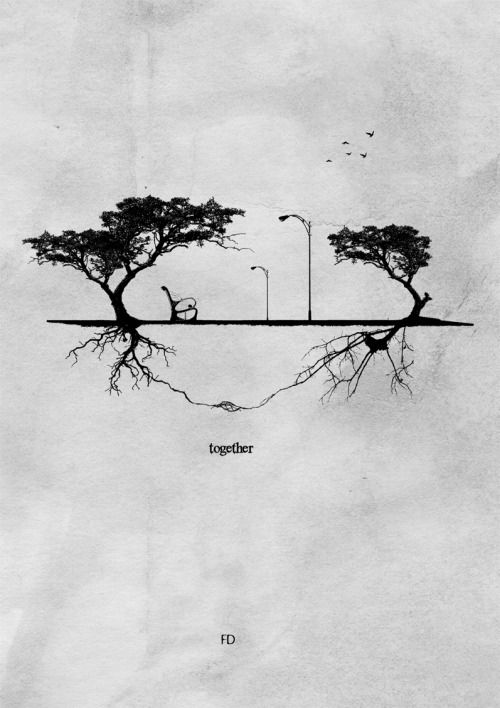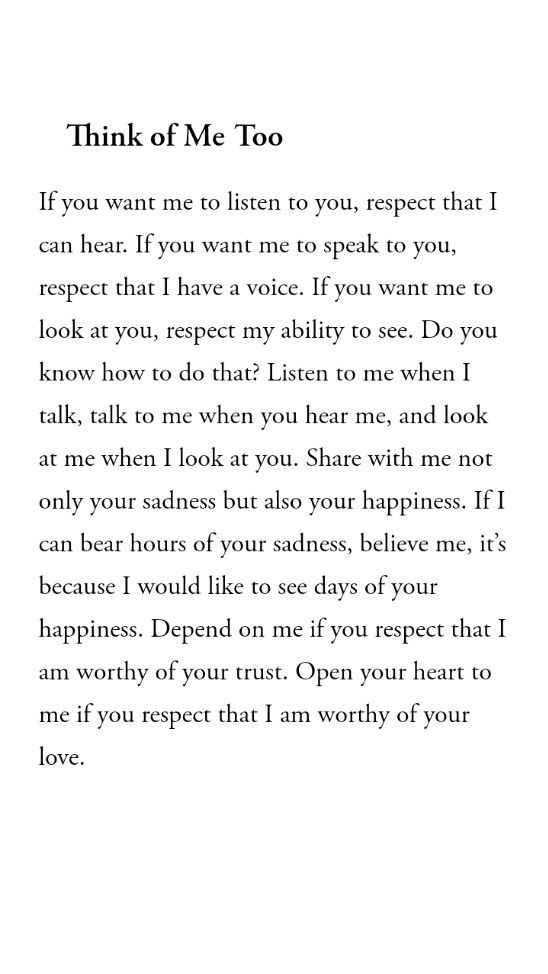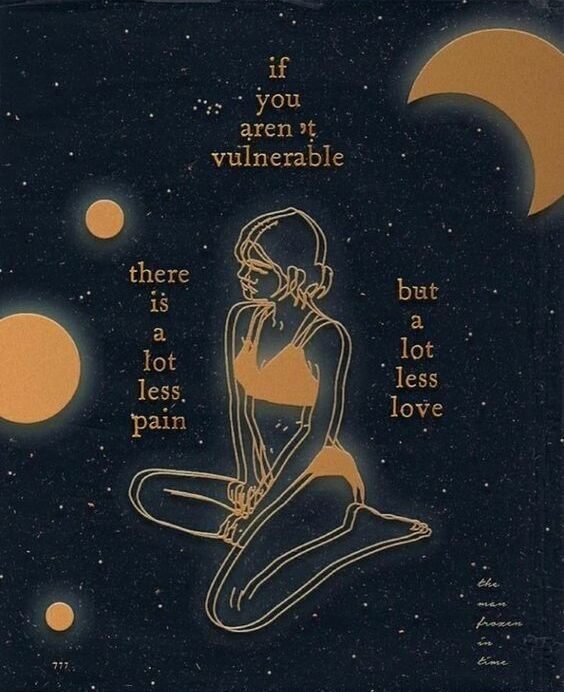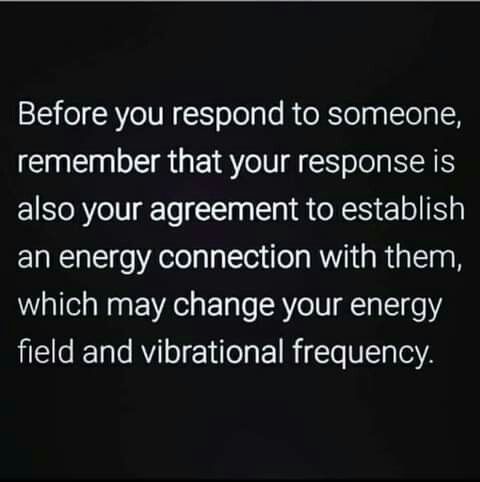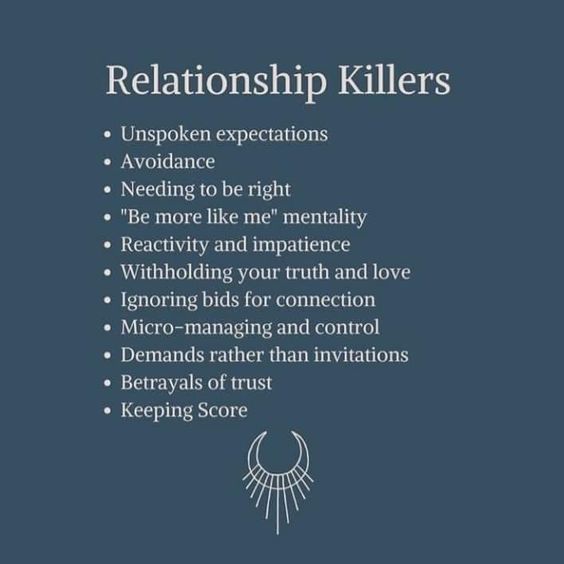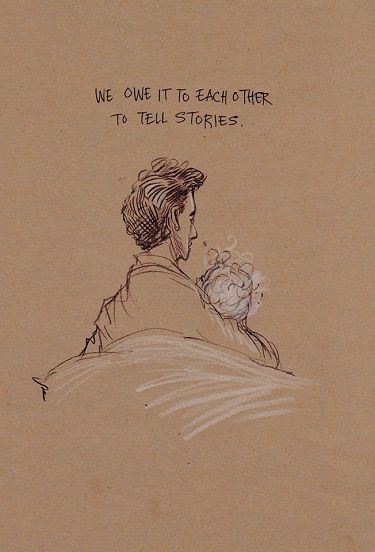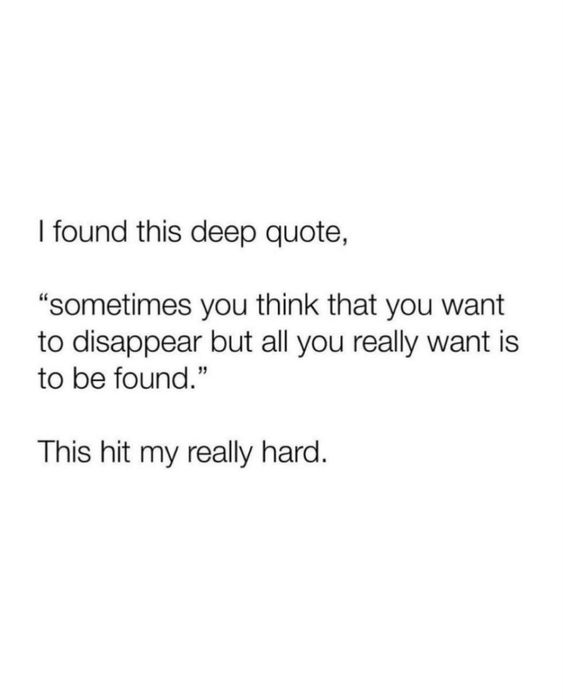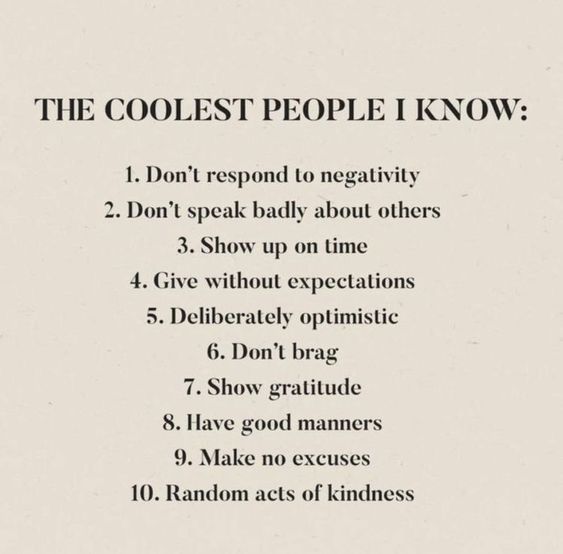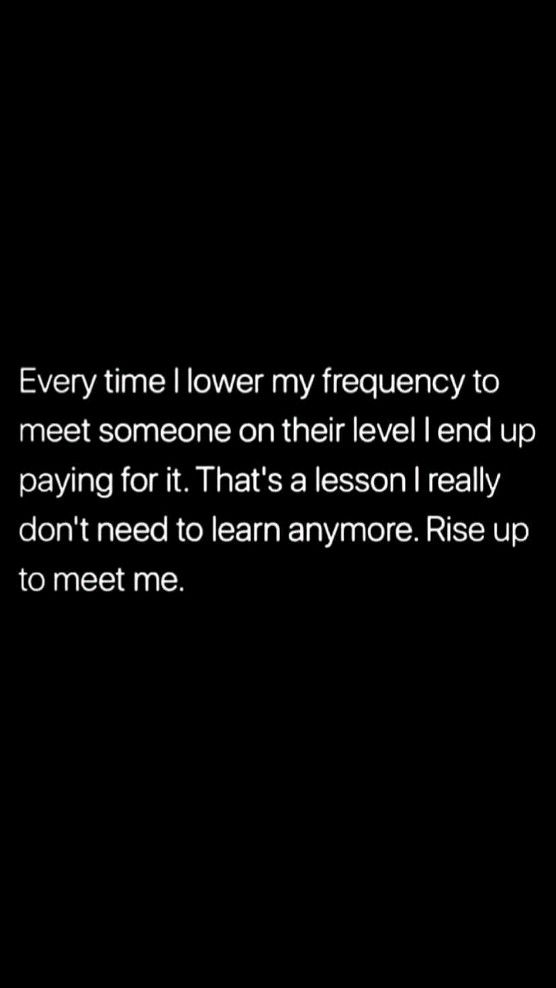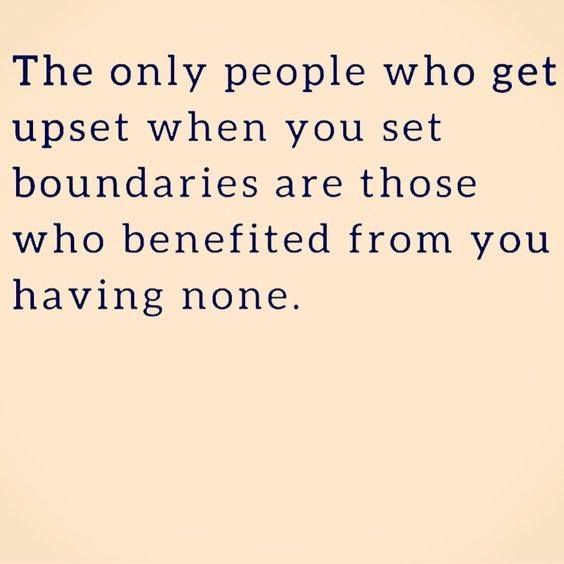“We now know that doing good to others, having a network of strong and supportive relationships, and having a sense that one’s life is worthwhile are the three greatest determinants of happiness.”
Rabbi Lord Jonathan Sacks, via Becoming Wise (Page 192)
“My heart cannot be educated by myself. It can only come out of a relationship with others. And if we accept being educated by others, to let them explain to us what happens to them, and to let yourself be immersed in their world so that they can get into our world, then you begin to share something very deep.”
Xavier Le Pichon, via Becoming Wise (Page 143)
“You can’t dominate people without separating them from each other and from themselves. The more people get plugged back into their bodies, into each other, the more impossible it will be for us to be dominated and occupied. I think that’s really the work right now, and I don’t mean that in a narcissistic way. I mean, how in our daily lives are we connecting in every single respect with ourselves and everything around us? Because that’s where transcendence comes from. That’s where real energetic transformation comes from.”
Eve Ensler, via Becoming Wise (Page 97)
“The question of what it means to be human is now inextricable from the question of who we are to each other.”
Krista Tippett, Becoming Wise (Page 2)
Becoming Wise: An Inquiry Into The Mystery And Art Of Living [Book]
![Becoming Wise: An Inquiry Into The Mystery And Art Of Living [Book]](https://movemequotes.com/wp-content/uploads/2021/06/Becoming-Wise-by-Krista-tippett.jpg)
Book Overview: In Becoming Wise, Krista Tippett has created a master class in living for a fractured world. Fracture, she says, is not the whole story of our time. The enduring question of what it means to be human has become inextricable from the challenge of who we are to one another. She insists on the possibility of personal depth and common life for this century, nurtured by science and “spiritual technologies,” with civility and love as muscular public practice. And, accompanied by a cross-disciplinary dream team of a teaching faculty, she shows us how.
Post(s) Inspired by this Book:
“When we think we’re separate, we lose power. Whenever I say ‘my,’ I have lost my power. Power is not my power; it is not enlarging oneself as a separate individual. It is only gainable as part of a larger whole. Then you communicate with the rest of yourself—which may be a tree. You, reciprocally, are moved by the universe. Whenever you shut down connectedness, you get depressed. Psychic awareness breaks in as a gift. It’s fearful to know we’re connected to everything in the universe, because then we’re responsible.”
Glenda Taylor, We Are The Web, via Sunbeams (Page 113)
“When people come together—let’s say they come to a little party or something—you always hear them discuss character. They will say this one has a bad character, this one has a good character, this one Is a fool, this one is a miser. Gossip makes the conversation. They all analyze character. It seems that the analysis of character is the highest human entertainment. And literature does it, unlike gossip, without mentioning real names.
The writers who don’t discuss character but problems—social problems or any problems—take away from literature its very essence. They stop being entertaining. We, for some reason, always love to discuss and discover character. This is because each character is different, and human character is the greatest of puzzles.”
Isaac Bashevis Singer
“You are not in the world. The world is in you.”
Deepak Chopra, The Shadow Effect (Page 40)
“Ideologies separate us. Dreams and anguish bring us together.”
Eugene Ionesco, via Sunbeams (Page 98)
